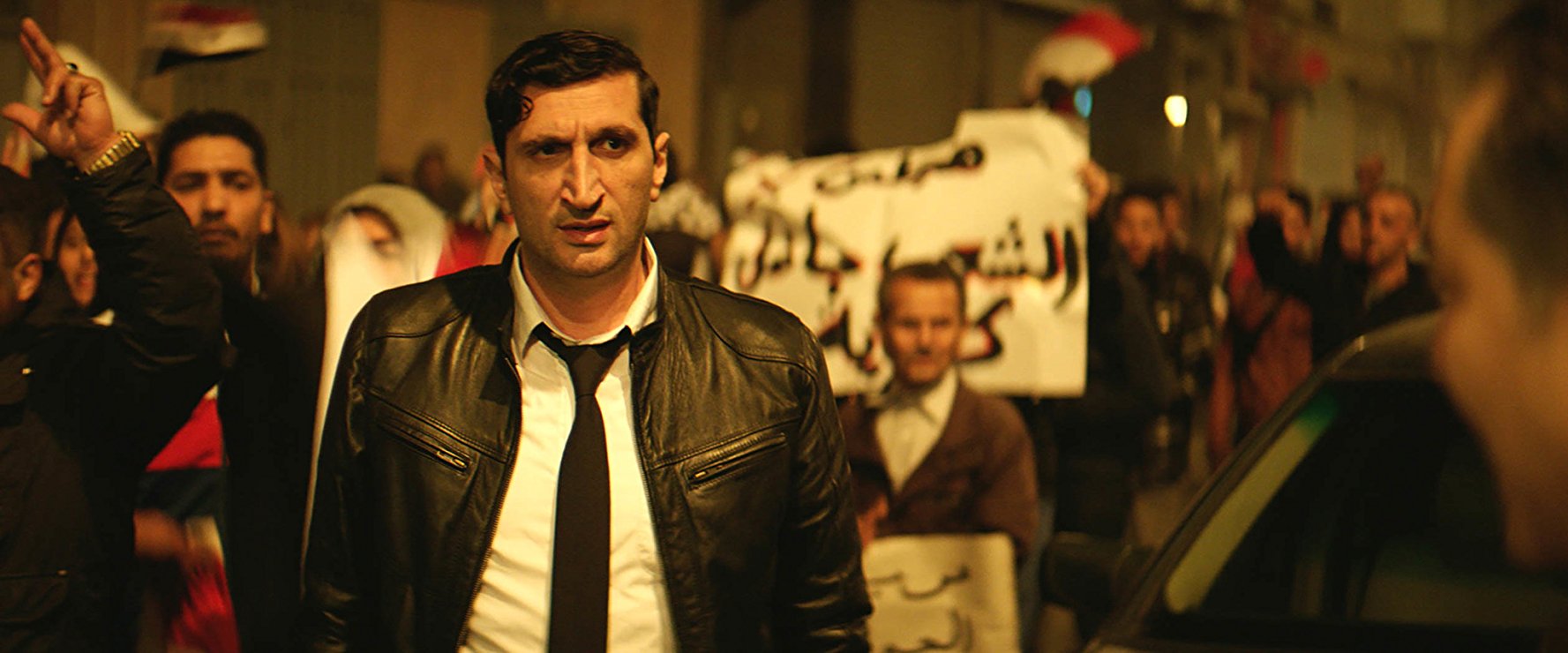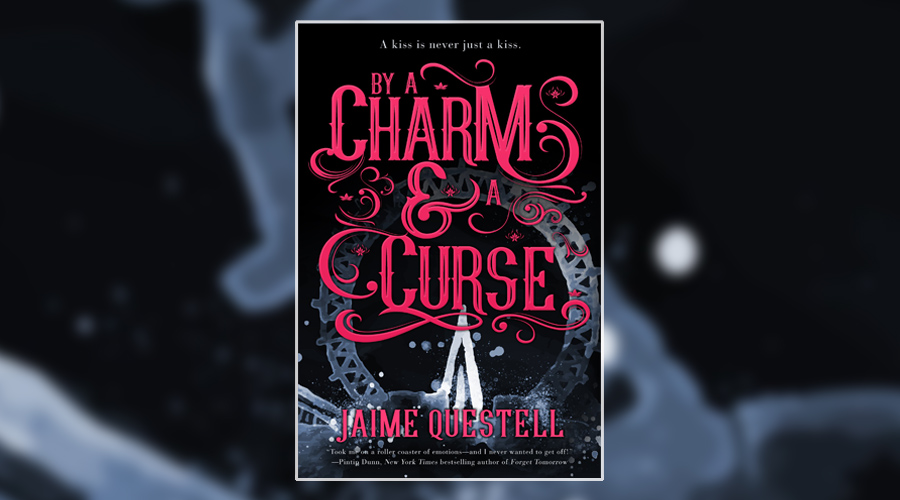The Nile Hilton Incident Review

Genre: Crime, Drama, Thriller
Directed by: Tarik Saleh
Starring: Fares Fares, Mari Malek, Yasser Ali Maher, Hania Amar
There’s no justice here.
Cairo, a few weeks before the 2011 demonstrations in Tahrir Square. Police Commander Noredin Mostafa (Fares Fares) is called to the scene when a singer is found with her throat cut in a room at the Nile Hilton hotel. Not long into the investigation, a superior instructs him that the case has been dropped and ruled a suicide. Knowing that this is the wrong conclusion, Noredin continues his search, but he is blocked at every turn by rampant corruption amongst other police officers and politicians. He soon finds himself a target of the killers.
The Cairo of The Nile Hilton Incident is the most corrupt cinematic city since Chinatown; the only thing that exceeds the amount of bribes taken and offered is the amount of cigarettes smoked by our implacable anti-hero, Noredin.
Playing Noredin is Fares Fares, who’ll be familiar to some from small roles in Zero Dark Thirty, Safe House and Child 44. He makes a magnificent lead in The Nile Hilton Incident; with a majestic sharks’ fin nose, near-perennial frown, skinny black tie and omnipresent leather jacket, he cuts a striking figure against the bustling Cairo backdrop. Though Noredin’s morals are murky, Fares’ cool-headed, finely drawn performance keeps us always on side. Perhaps the most interesting thing about the film is the refusal to make its hero an out-and-out hero. Rather than angelically gliding over the swamp of wrongdoing that surrounds him, Noredin is right there, wading around at the centre of it. He takes kickbacks, merrily benefitting from a system that he knows to be unscrupulous. When someone tells him to look the other way, he looks the other way. It isn’t until relatively late in The Nile Hilton Incident that Noredin dares to go against the tide of corruption, and it costs him dearly.
Perhaps the most interesting thing about the film is the refusal to make its hero an out-and-out hero. Rather than angelically gliding over the swamp of wrongdoing that surrounds him, Noredin is right there, wading around at the centre of it. He takes kickbacks, merrily benefitting from a system that he knows to be unscrupulous. When someone tells him to look the other way, he looks the other way. It isn’t until relatively late in The Nile Hilton Incident that Noredin dares to go against the tide of corruption, and it costs him dearly.
Throughout the film, the soupy atmosphere of double-dealing and dishonesty is consistently more interesting than the case of the murdered singer. For the most part, writer-director Tarik Saleh seems to know that the central murder case is just a means of exploring Cairo’s underworld, but a few times early in the third act, he loses the wood for the trees, and The Nile Hilton Incident becomes just another unremarkable neo-noir.
This doesn’t last for long however; he pulls it back for a riveting finale that throws all we have seen into the larger context of the Egyptian revolution. As Noredin is sat in a police car, nauseous after learning that the horrifying extent of the corruption has massively exceeded even his own knowledge, he is surrounded by a wave of protesters making their way to Tahrir Square. Throughout the film there have been murmurs of an uprising, easily brushed aside by Noredin and his fellow officers as just a bunch of young people making trouble. As the film concludes, and this realisation about the rottenness of the system has struck home, Noredin is swallowed up by an enormous crowd, determined to change things. It’s a stirring moment, made even more so by the knowledge of all that would follow.
With an excellent lead performance, bristling atmosphere, and compelling contextualisation of the Egyptian revolution, The Nile Hilton Incident is a gripping film that demands your attention.
★★★★


